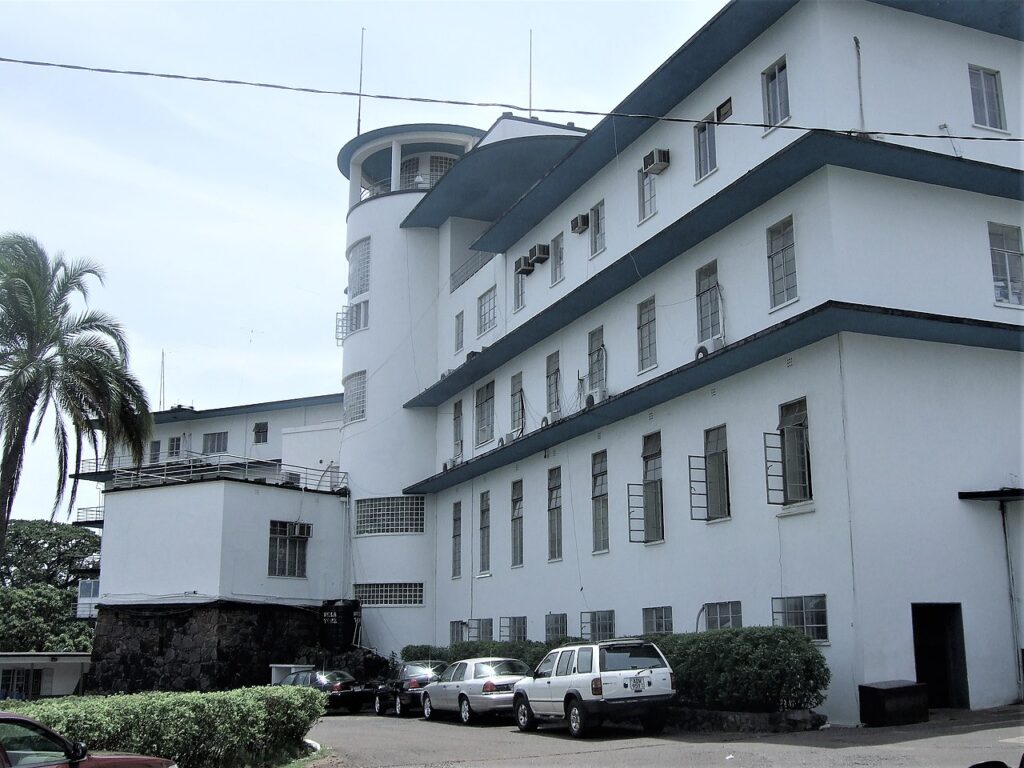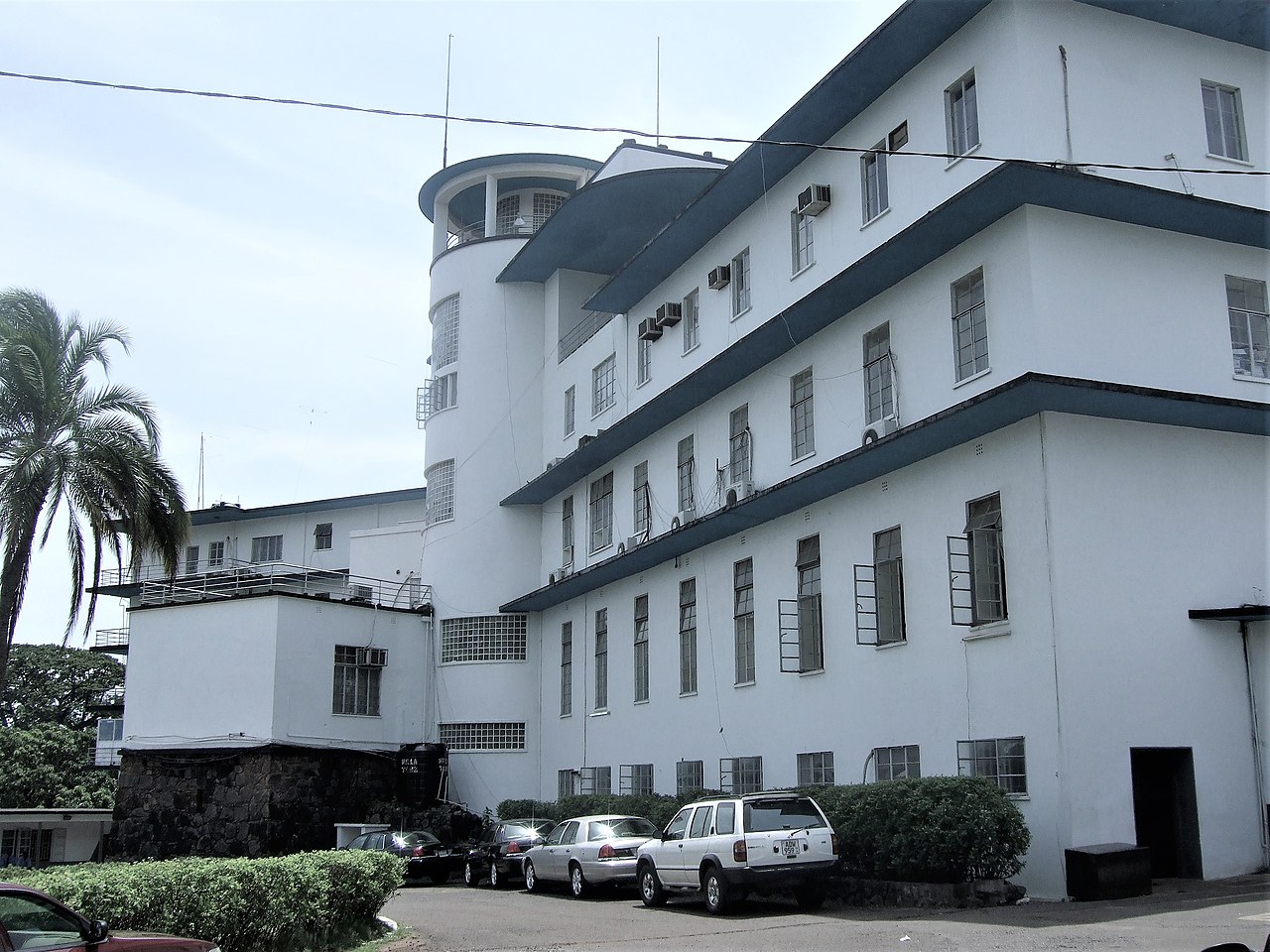MONROVIA, Liberia – The government of Liberia confirms it is deporting former Sierra Leone Chief Superintendent of Police Mohammed Y. Toure, who is accused of taking part in a failed coup attempt against Sierra Leonian President Julius Maada Bio.
Toure was deported back to neighboring Sierra Leone on August 8, 2023.
The deportation came nearly two weeks after Sierra Leonean police alleged that unnamed individuals “at home and abroad” were planning violent protests aimed at overthrowing the democratically elected government of the West African country.

A week ago, the police in Sierra Leone announced they had arrested several people, including unnamed senior military officers, for “working to undermine the peace and tranquility of the state.”
The Liberian government said state security forces apprehended Toure in Monrovia, the capital, at the request of Sierra Leonean authorities on the allegation that he helped plan subversive activities intended to unseat President Bio.
“Following preliminary investigation in Liberia, and given the assurances of the government of the Republic of Sierra Leone that the rights of the accused will be respected, including his rights to a free, fair and speedy trial, the Liberian government decided it was appropriate to hand over Mr. Toure to the government of Sierra Leone as requested by the authorities in that country,” the statement read.
The statement signed by Liberian Information Minister Ledgerhood Rennie said the decision is also in line with the 1994 Economic Community of West African States (ECOWAS) Convention.
A close family source who begged not be named told local radio OK FM in Monrovia that Toure has been living in Liberia since March
2022, after he was dismissed from his police post in Sierra Leone in May 2020.
Liberia’s Independent Commission on Human Rights, in a statement issued August 8, cautioned the Liberian government against the extradition, citing the risk of surrendered people facing “physical abuse, unfair trial or excessive punishment” by the government making the request.
The statement from the human rights watchdog also reminded Liberia’s
government of its obligations including refusing extradition requests if the offense “is regarded as a political offense or as an offense connected with a political offense.”
Dempster Brown, chairperson of the Independent National Commission on Human Rights, emphasized that Liberia lacks an extradition agreement with Sierra Leone, making the potential extradition of Toure legally questionable.
“Extradition agreements are formal arrangements, often treaty-based, that allow for the mutual surrender of fugitives apprehended within the territories of the contracting parties.” Dempster Brown said.
Brown then issued a strong ultimatum, asserting that if the Liberian Police fail to bring the Sierra Leonean national before a court within 24 hours, he would proceed to file a writ of Habeas corpus.
The INCHR is yet to filed that lawsuit against the government as Toure is been extradited beyond the ultimatum of the rights institution.
Highlighting the legal context, Brown emphasized that both Sierra Leone and Liberia are parties to numerous regional and international instruments, including the United Nations Convention against Transnational Organized Crime and the ECOWAS Convention on Extradition.He said Liberia’s commitment to the 1969 Organization of African Unity Convention must be upheld, including its mandate that a country not return an individual who, due to well-founded fears, refuses to go back to their country of origin.
Prominent Liberian human rights lawyer Tiawan Gongloe told a news conference that Liberia’s extradition of Toure is a violation of human rights and all forms of international treaty to which Liberia is a signatory.
Liberia, as the first independent country on the African continent, is obligated to protect the rights of people who escape from their countries for fear of political prosecution, Gongloe said.
The lawyer said that during the reign of slain Liberian President Samuel Doe, many Liberians ran away to neighboring countries for political reasons and while Doe wanted them to return, the governments in those countries refused to return them over to Doe’s government.
“Liberia broke record yesterday, a very bad record by sending a former law enforcement administrator who was removed from office and then ran away and came to Liberia for safety of his life and the government turned him over yesterday,” Gongloe said.
“Even if there was an extradition treaty between Liberia and Sierra Leone, the law of extradition treaty states that no one should be sent back to his country where the offense is considered political,” Gongloe continued.
“I consider this as a political conspiracy between the current government of Liberia and the current government of Sierra Leone to protect each other mutually and this is not good for our countries and it is not good for our Sub-Saharan region,” Gongloe said. “The government violated the rights of a man who came to Liberia to seek asylum.”








